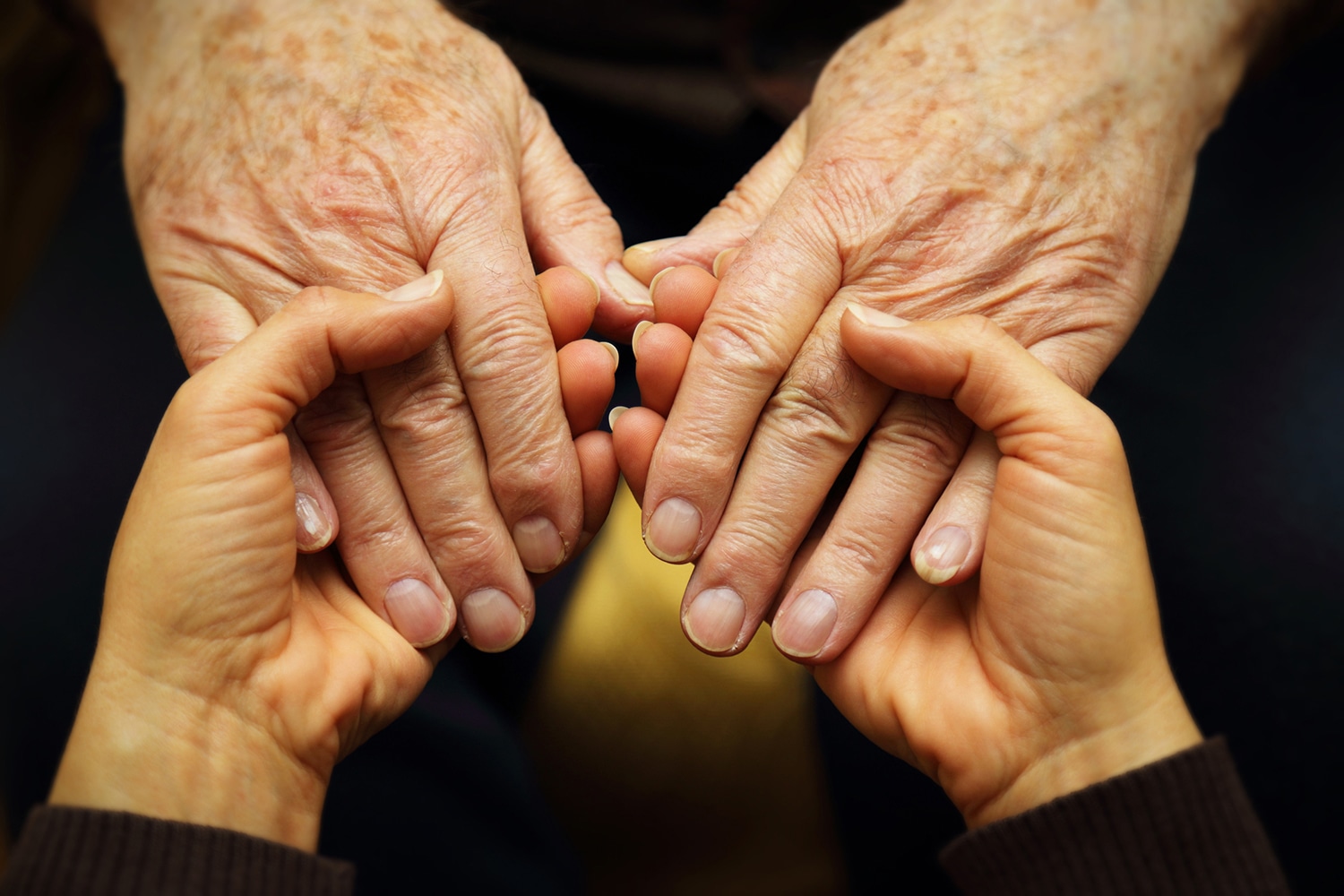When David Spear’s wife joined a cancer clinical trial in March 2014 at the UCLA Medical Center in Santa Monica, he learned that the university’s oncology program wasn’t only for cancer patients. It also provided a support group specifically for husbands serving as caregivers. Spear, 61, joined the group soon after his wife started the trial and quickly warmed up to the other men taking part. “It’s like a poker game,” Spear says of the group, which meets twice a month. “We’re loud, we interrupt each other, but we support each other and have a great spirit.”
Support groups have long been a part of the care provided to cancer patients. Increasingly, however, attention has turned to caregivers’ physical and psychological health. Among caregivers, says Allison Applebaum, a psychologist and the director of the Caregivers Clinic at Memorial Sloan Kettering Cancer Center in New York City, “symptoms [that] range from mild distress and fatigue, to feeling overwhelmed, exhausted or irritable, to severe anxiety and depression,” are common.
A study published Jan. 15, 2015, in Cancer that assessed stress levels and physical impairments in 1,517 caregivers over an eight-year period after a family member’s diagnosis shows the impact this stress can have. The study found that caregivers who were spouses had a greater likelihood than other caregivers of developing arthritis or chronic back pain, regardless of their age.
The study, led by Youngmee Kim, a psychologist at the Sylvester Comprehensive Cancer Center at the University of Miami’s Miller School of Medicine, also found that the family caregivers who reported feeling the most overwhelmed by being a caregiver had the highest levels of stress—and were also the most likely to go on to develop heart disease years later.
Kim says she was surprised to find that it was not the caregiving role itself but how the partner experienced it “that predicted the caregivers’ likelihood of developing heart disease.”
The number of programs for family caregivers has grown over the past 10 years. But many of them focus primarily on helping caregivers manage the patient’s symptoms and not on the caregiver’s own needs, Kim says. In addition, the programs are often available to caregivers only from the time of the patient’s diagnosis through treatment, she says. Yet her study shows that caregivers need long-term follow-up that extends well after treatment ends.
Caregivers for patients who are being treated at a National Cancer Institute (NCI)-designated cancer center are likely to find resources. A study published in December 2014 in the Clinical Journal of Oncology Nursing found that most of the 61 NCI-designated cancer centers that see patients offer at least one program or service designed to reduce caregiver stress, with 46 offering caregiver self-care programs and 42 providing marital and family care programs. Some offered both.
But since not every caregiver has access to a support group, or can get to one, researchers are looking at ways to bring caregiving programs to the caregiver. Applebaum, at Memorial Sloan Kettering, for example, is working with the American Cancer Society to develop a web-based support program for caregivers, which will soon be tested in a nationwide clinical trial.
Spear says in addition to helping him manage his stress, the support group at UCLA has been a place to learn more about clinical trials, other potential treatment options and financial planning. “The group keeps our hearts open” and also helps us “to stay present and compassionate,” Spear says. “[It’s] a constant reminder that we are not alone.”
Cancer Today magazine is free to cancer patients, survivors and caregivers who live in the U.S. Subscribe here to receive four issues per year.





